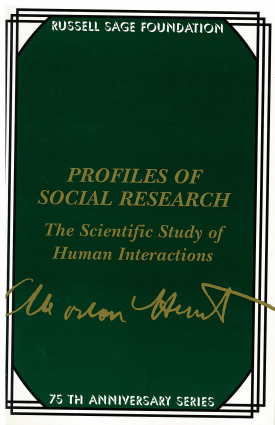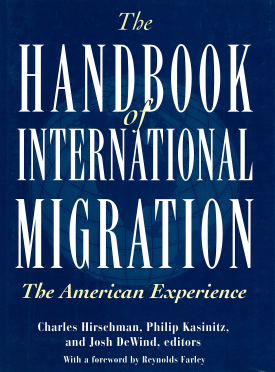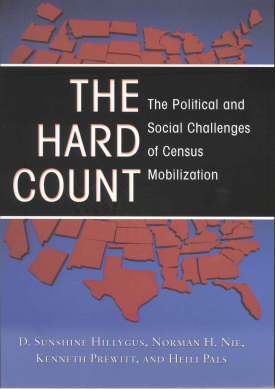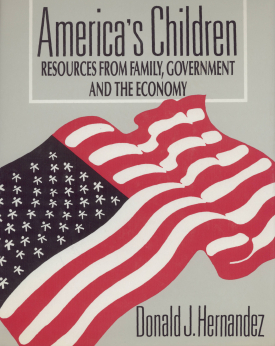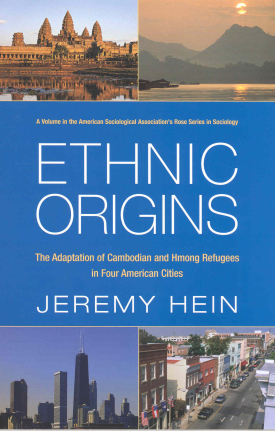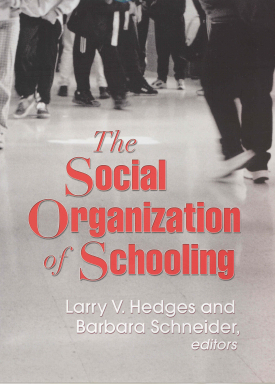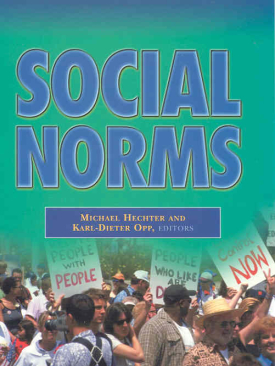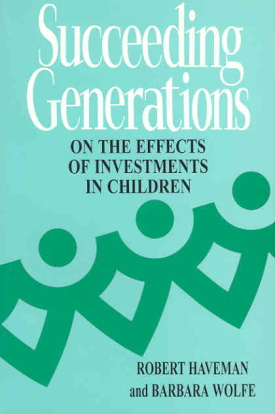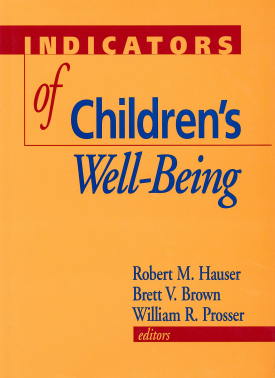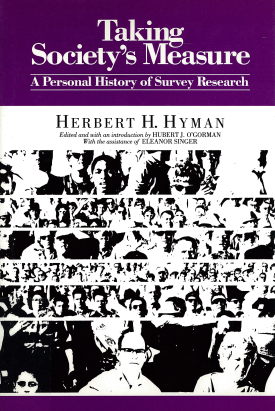
Taking Society's Measure
About This Book
How are we, as members of a society, informed of conditions that affect our social welfare? How does the government register the impact of its actions on its citizens? The turbulent 1930s saw the emergence of sample survey research as an increasingly valuable technique of social inquiry. Perhaps no one championed this nascent discipline as vigorously as Herbert Hyman, one of those pioneering investigators whose talents were so closely associated with the rapid growth of survey research that their professional careers and reputations became virtually indistinguishable from the field itself.
Hyman’s personal account is a remarkable contribution to the history and sociology of social research. His experiences with the U.S. Department of Agriculture, the Office of War Information, the U.S. Bombing Surveys of Germany and Japan, the National Opinion Research Center, and the Bureau of Applied Social Research are all documented with fascinating insight into the critical events and prominent individuals that shaped the field of survey research between the late 1930s and the late 1950s.
The late HERBERT H. HYMAN retired from Wesleyan University in 1983 as Professor of Sociology Emeritus.
HUBERT O'GORMAN was, until his untimely death, professor of sociology at the same university.
ELEANOR SINGER is senior research scholar at the Center for the Social Sciences at Columbia University.

